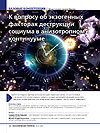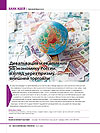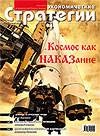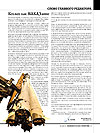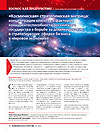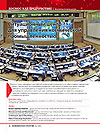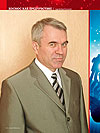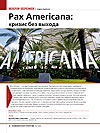Georgy Grechko — an iconic figure in the national space industry. He flew into space three times, each time achieving unique scientific results. Twice Hero of the Soviet Union, pilot-cosmonaut of the USSR, doctor of physical and mathematical sciences, professor, he worked with Korolev, trained with Gagarin, repeatedly broke record of flight duration and became the oldest astronaut who visited the orbit. His friends and colleagues also know him as a great prankster and joker, but few know that he is one of the most romantic cosmonauts: among the stars he seeks an opportunity not only to make another scientific experiment, but also to learn something new, unusual, and maybe even to meet our intellect brothers. Today it is his main dream.
Продолжить чтение



